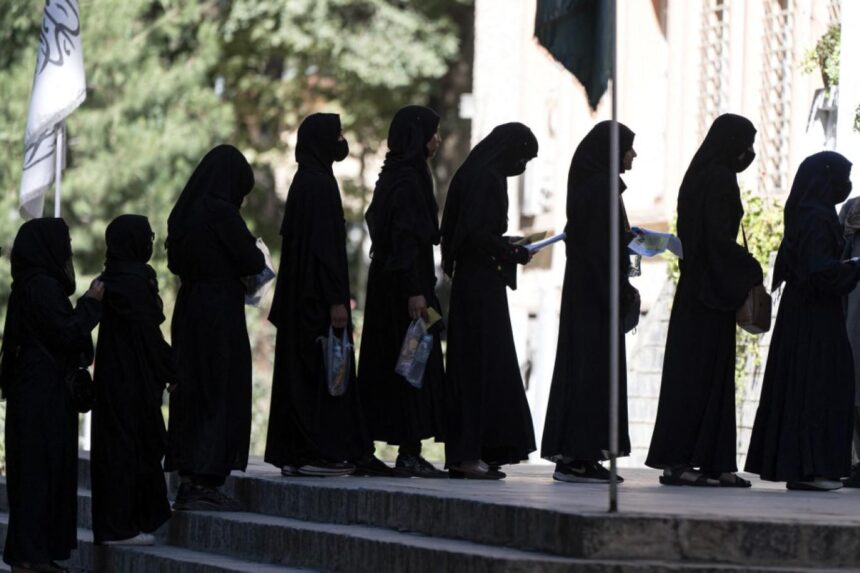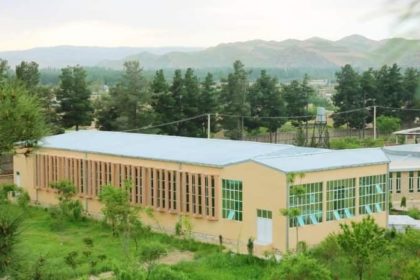RASC News Agency: The Taliban’s decision to bar women from accessing medical education has ignited widespread condemnation, with critics describing the move as both “un-Islamic” and “inhumane.” Sara Wahidi, creator of the “Ehtesab” app, lamented the global community’s indifference to the erasure of women in Afghanistan, calling the situation “beyond horrifying.” Writing on X, Wahidi remarked: “Imagine being denied education and healthcare simply because you are a woman. The Taliban want women to do nothing with their lives.” Wahidi further criticized the Taliban’s narrow perception of women, stating, “To them, a woman’s sole purpose is to bear children, raise them, serve men, and die without any agency or fulfillment.” Her sentiments were echoed by Mohammad Hameed Karimi, who described the Taliban’s actions as a disgraceful betrayal of both humanity and Islam. “How can they justify depriving this suffering and resilient generation of women of education?” Karimi asked.
Social media users have drawn parallels between the Taliban’s current policies and the oppressive restrictions imposed during their 1990s regime. On X, Hussain Sharif stressed that education is a basic human right and argued that the Taliban’s actions exacerbate inequality and discrimination. Another user, writing under the pseudonym Jawan, accused the Taliban of tarnishing Islam’s global image. “This is exactly what the Taliban want: to make people resent religion by portraying Islam as cruel, inhumane, and misogynistic.” Others criticized the silence of the international community. Mustafa, a vocal critic, declared, “The Taliban have once again proven they are neither Islamic nor humane. The silence of powerful nations and the international community is nothing short of shameful.”
Maryam Atai, a social activist, warned of the grave consequences of banning women from midwifery and nursing programs. “Afghanistan already faces a severe shortage of medical professionals. This decision will only exacerbate maternal and infant mortality rates,” she stated, emphasizing that the Taliban’s policies strip Afghanistani women of their last hope. Ahmad Sharifzada, a Kabul resident, accused the Taliban of using Afghanistani women as leverage in their dealings with the international community. “The Taliban are pressuring the world by targeting women, turning them into tools for political blackmail,” he argued.
Remarkably, some Taliban members have also voiced their discontent. Hamid Ahmadi, a Taliban affiliate, expressed regret on X, writing: “It seems we’ve achieved self-sufficiency no need for female teachers, doctors, or educated mothers. I hope this decision on schools, universities, and medical institutes is reconsidered.” The economic repercussions of these policies are equally devastating. Naseer Sana, the owner of a private institute, lamented the loss of his life’s work. “Twenty years of effort, gone! I invested everything in this institute to educate the youth of our nation. Now, 42 employees who support their families are jobless, and over 500 female students are forced to sit at home,” he said.
The Taliban’s actions not only deny Afghanistani women the right to education but also threaten the country’s already fragile healthcare system, pushing the nation further into a crisis of inequality and despair.






